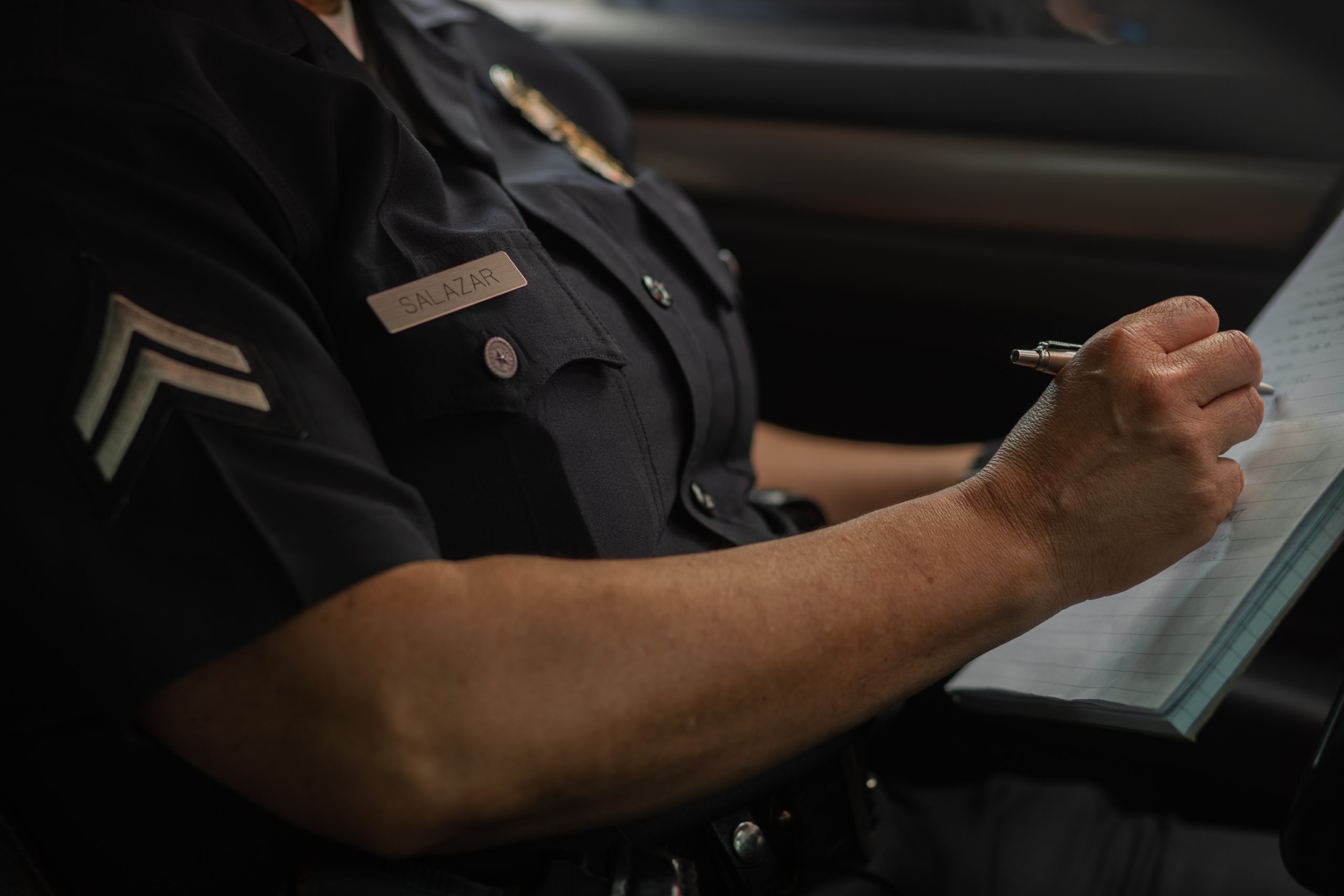Introduction
In the realm of law enforcement, crises are inevitable. How law enforcement agencies handle these crises not only impacts public safety but also plays a significant role in shaping their police brand. Crisis management is an essential aspect of building a resilient and trusted police brand. In this blog post, we will explore the critical role of crisis management in building a positive police brand, providing insights, strategies, and actionable recommendations for law enforcement agencies looking to transform challenges into opportunities.
The Significance of Crisis Management in Police Branding
-
- Public Perception: Effective crisis management can positively influence public perception, demonstrating an agency’s competence, transparency, and commitment to addressing issues.
- Community Trust: Swift and transparent crisis responses can bolster community trust, reassuring residents that their safety and well-being remain paramount.
- Reputation Preservation: A well-managed crisis can help preserve an agency’s reputation and prevent long-term damage to its brand.
- Officer Morale: How crises are handled can impact officer morale and their belief in the agency’s leadership, thus influencing recruitment and retention.
- Learning and Improvement: Crises provide valuable learning opportunities, allowing agencies to identify weaknesses and areas for improvement.
Strategies for Effective Crisis Management
-
- Preparedness: Develop comprehensive crisis management plans that outline roles, responsibilities, and communication protocols before crises occur.
- Transparency: Communicate openly with the public, providing accurate information in a timely manner. Address concerns and questions honestly.
- Media Relations: Train agency spokespeople in effective media communication. Maintain consistent and coordinated messaging across all channels.
- Community Engagement: Engage with the community during and after crises to provide support and gather feedback. Hold town hall meetings or use social media for communication.
- Training: Conduct crisis response training and exercises to prepare officers and staff for various scenarios, emphasizing de-escalation and communication skills.
- Internal Communication: Ensure transparent and consistent communication within the agency to keep officers informed and reduce anxiety during crises.
- After-Action Reviews: Conduct thorough after-action reviews following crises to evaluate the response, identify areas for improvement, and implement necessary changes.
- Legal Compliance: Ensure that crisis responses comply with legal standards and department policies to maintain integrity and accountability.
- External Expertise: Seek external experts or independent reviews when necessary to maintain objectivity and credibility in crisis investigations.
- Community Policing: Embed community policing principles in crisis management, focusing on building trust and relationships within the community.
Actionable Recommendations
-
- Scenario-Based Training: Develop scenario-based training exercises that simulate crisis situations to test and enhance crisis response capabilities.
- Regular Drills: Conduct regular crisis drills and tabletop exercises to keep the agency and its personnel well-prepared.
- Crisis Communication Team: Assemble a dedicated crisis communication team that includes trained public information officers and experts in crisis management.
- Community Advisory Boards: Involve community advisory boards or representatives in crisis response and resolution processes to foster transparency and community collaboration.
- Third-Party Review: Consider external, third-party reviews of crisis responses for impartial assessment and recommendations.
Conclusion
Crisis management is a critical aspect of building a resilient and respected police brand. By approaching crises as opportunities to demonstrate competence, transparency, and commitment to public safety, law enforcement agencies can not only mitigate damage but also strengthen community trust and enhance their brand image. The effective handling of crises is a testament to an agency’s professionalism and dedication to serving and protecting its community, ultimately contributing to the long-term success and positive perception of the police brand. In the ever-evolving landscape of law enforcement, effective crisis management is a hallmark of excellence and responsibility.








